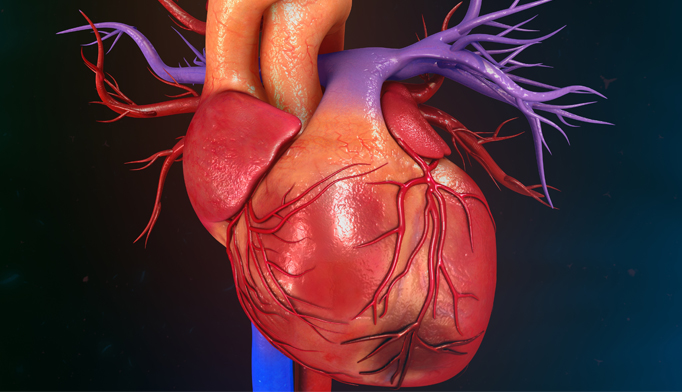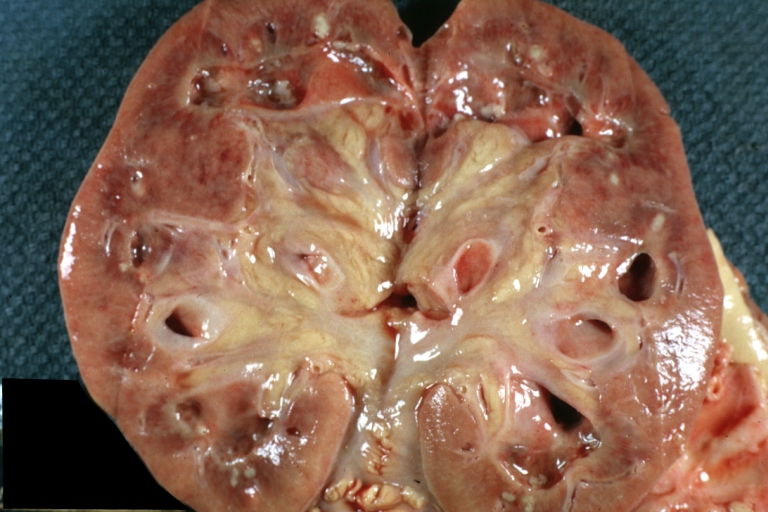The Relevance of Hyperuricaemia

emjreviews.com
Fructose consumption linked to the increase of liver disease among adolescents and children

Recent research suggests that dietary fructose intake may increase serum uric acid concentrations and that both uric acid concentration and fructose consumption…
medicalxpress.com
Serum uric acid concentrations and fructose consumption are independently associated with NASH in children and adolescents
It is postulated that excessive consumption of fructose, through its metabolism resulting in hyperuricaemia, is the root cause of the metabolic epidemic of type 2 diabetes mellitus, fatty liver disease, hypertension, gout, kidney impairment and cardiovascular complications.
Hyperuricemia, Gout, and the Metabolic Syndrome

Clinicians should be aware of the presence of metabolic syndrome in patients with hyperuricemia or gout in order to reduce the risk for cardiovascular disease.
medscape.com
Increased Cardiovascular Risk with Gout


Most patients who present with gout to rheumatology clinics are at very high risk of cardiovascular (CV)…
rheumnow.com
Serum Uric Acid and Progression of Kidney Disease: A Longitudinal Analysis and Mini-Review

Background Increasing evidence supports the association between hyperuricemia and incident…
journals.plos.org
Mortality in Gout Increased

Two current articles in the Journal of Rheumatology address issues surrounding mortality risk among those with new and established gout.
rheumnow.com
The Potential for Xanthine Oxidase Inhibition in the Prevention and Treatment of Cardiovascular and Cerebrovascular Disease
There is a now a wealth of epidemiological, animal, and clinical data to suggest the benefits of uric acid reduction and hxanthine oxidase inhibition in prevention of vascular disease. This review discusses the available epidemiological, preclinical, …
ncbi.nlm.nih.gov
Is uric acid Jekyll, Hyde or innocent bystander? Evidence suggests it is all 3.
It is Jekyll as a major antioxidant of the body, especially for neuroprotection. It may explain the “hook” of the J-curve encountered in renal function and stroke morbidity: renal and neurological function appeared to worsen when serum uric acid was too low.
It is certainly Hyde to gouty arthritis, inciting one of the most violent inflammatory responses our immune system can muster.
As for its association with cardiovascular disease, it may be a surrogate marker of pathological xanthine oxidase activity resulting in heightened oxidative stress.
